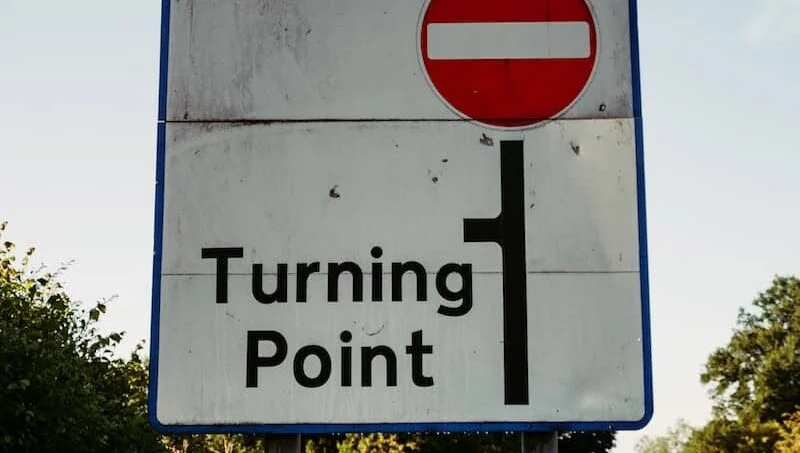People arrive in counseling for many different reasons but typically all seek the same thing: relief. Relief from painful emotions, relationship difficulties, parenting concerns, or any other number of factors. But did you know that the speed of the counseling process moves more quickly or slowly depending on your stage of change?
The formal concept of the stage of change model was developed in the 1980’s when clinicians were working in the field of addiction counseling. It has since translated to many mental health and medical disciplines as a framework to understand client readiness to make changes in their lives.
What Are the Five Stages of Change?
Sometimes clients are frustrated in the therapeutic process because they are not yet actively ready to make changes in their lives, even though they are ready for relief. Many times they hope the therapist will “fix” their problems, their child’s problems, or their spouse’s problems because they are not actively ready to do their own work. Here is a brief outline of the five stages of change:
Precontemplation: This person is still actively in denial about the problem and may be thinking things like “I don’t need to change, he/she needs to change!” or “I can stop when I want to, it’s not that big of a problem”. Someone may have mentioned concerns about the problem but they don’t perceive they have an issue to address.

Contemplation: This stage is marked by indecisiveness and may include considering pros and cons or maybe visualizing what life would be like if they did take action.
Preparation: This person is ready to make changes. They might make a phone call to set up a first appointment, look for a support group, or try reading materials to address their concerns.
Action: Ready, set, go! The action stage includes actively implementing techniques, information, or new relational patterns learned in counseling or through support groups to make change in their lives. This also often includes experiencing the challenges and rewards that come with making changes.
Maintenance: People in this stage may feel they have reached a healthy plateau of growth and begin to scale back active counseling sessions or support groups.
Prayer and Preparation
Throughout the Bible we see God’s faithfulness to His people and the fruits of those who allowed their hearts to be changed. In Ephesians 4:22-24 we are encouraged to “put off your old self” and “to be made new in the attitude of your minds; and to put on the new self”. As you consider areas of your life where you would like relief, consider praying that the Holy Spirit will prepare you for the work ahead and contemplate what stage of change you might be in. We can count on God’s faithfulness when we seek him and desire to “put on the new self” he has designed us for.
If you would like to learn more about how counseling might support changes you wish you to make in your life, please contact the Counseling Center at BCC.


